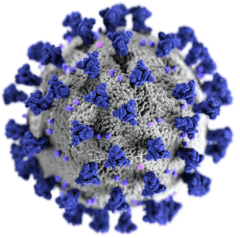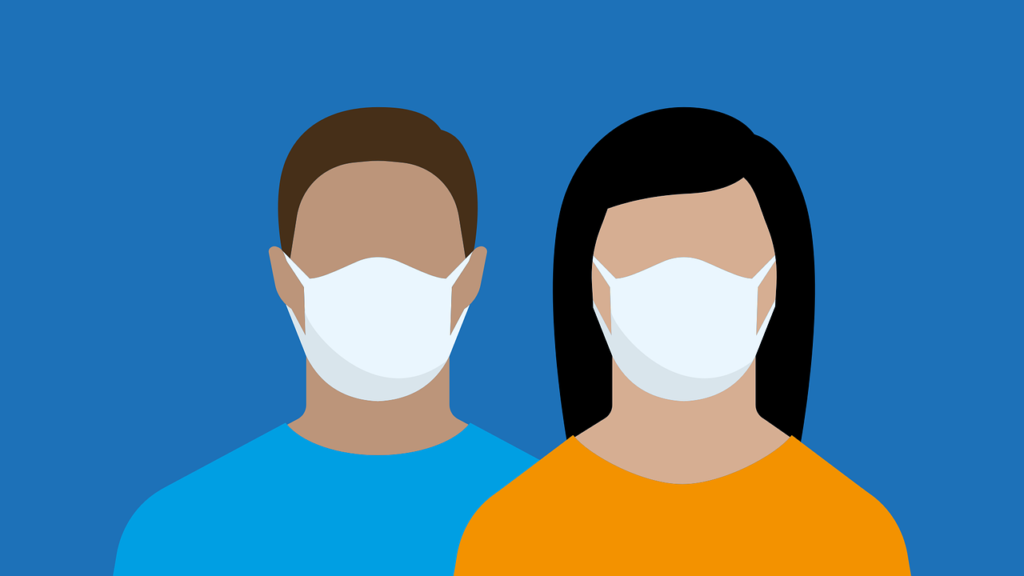- 0
- List Item
- 0208 079 1797
- 077 2202 8588 (WA)
- London, UK
- info@leechtherapycentre.com
There is a piling scientific evidence confirming that Covid-19 causes blood clots and increased risk of thrombosis. University of Bristol has recently published article presenting the results of the large-scale research which analysed 48 million health records. The university states the following:

COVID-19 increases the risk of potentially life-threatening blood clots for at least 49 weeks. It has led to an additional 10,500 cases of heart attacks, strokes and other blood clot complications such as deep vein thrombosis in England and Wales in 2020 alone1.
The study has involved a large number of researchers led by the Universities of Cambridge, Edinburgh, Bristol and Swansea. They found that these blood clots also can lead to other health issues such as deep vein thrombosis and pulmonary embolism – a clot in the lungs that can be fatal. The study reveals that people who had light form of Covid are also affected.
The British Medical Journal published a Swedish study2 on Risks of deep vein thrombosis, pulmonary embolism, and bleeding after covid-19. It found that an increased risk of deep vein thrombosis (a blood clot in the leg) remains up to 3 months after covid-19 infection, pulmonary embolism (a blood clot in the lung) up to 6 months, and a bleeding event for few months.
Robert Brodsky who is a blood specialist directing the Division of Hematology at John Hopkins Medicine hospital together with Panagis Galiatsatos, a specialist in lung diseases and critical care medicine, say that after Covid they are seeing more blood clots in the lungs (pulmonary embolism), legs (deep vein thrombosis) and elsewhere.” 3

In addition to the lungs, blood clots from COVID-19 can also harm: Nervous system – if blood clots form in the arteries leading to the brain this can lead to a stroke. As the result, some young and previously healthy people have suffered unexpected strokes after COVID-19.
The kidneys – if blood vessels that lead to the kidneys become blocked with clots this can lead to kidney failure or complicate dialysis.
Peripheral blood vessels and “COVID toe.” Furthermore, small blood clots can become lodged in smallest blood vessels. When this happens, it can cause rash or reddish or purple areas on the toes, which can itch or be painful. 5 This is known as Covid toe.
Also, Hirudin, another enzyme, is the strongest natural blood thinner which is 10 times stronger than heparin. These natural substances will help to clean blood from clots, improve blood viscosity and circulation. Leech therapy is a natural and effective way to bring quality of blood to a healthier condition.
University of Bristol (2022) Risk of blood clots remains for almost a year after COVID-19 infection, study suggests [Online] Available from: Here [accessed 29 Dec 2022]. The BMJ (2022) Risks of deep vein thrombosis, pulmonary embolism, and bleeding after covid-19: nationwide self-controlled cases series and matched cohort study. Available from: Here [accessed 29 Dec 2022].
John Hopkins Medicine (2022) What Does COVID Do to Your Blood? [Online] Available from: Here [accessed 29 Dec 2022]. Hyson, J. (2005) Leech Therapy: A History. Journal of The History of Dentistry Vol.53 no.1, p.25.